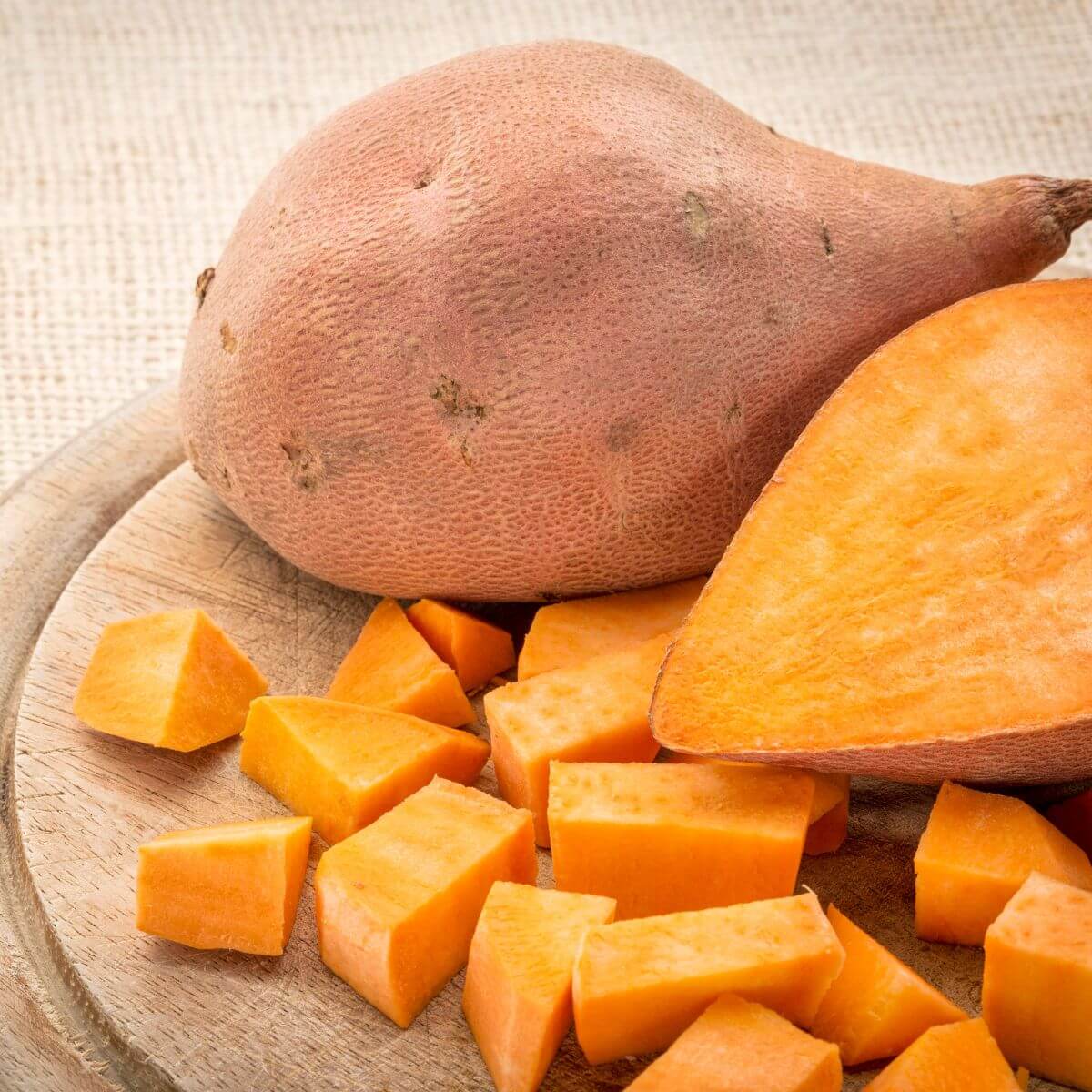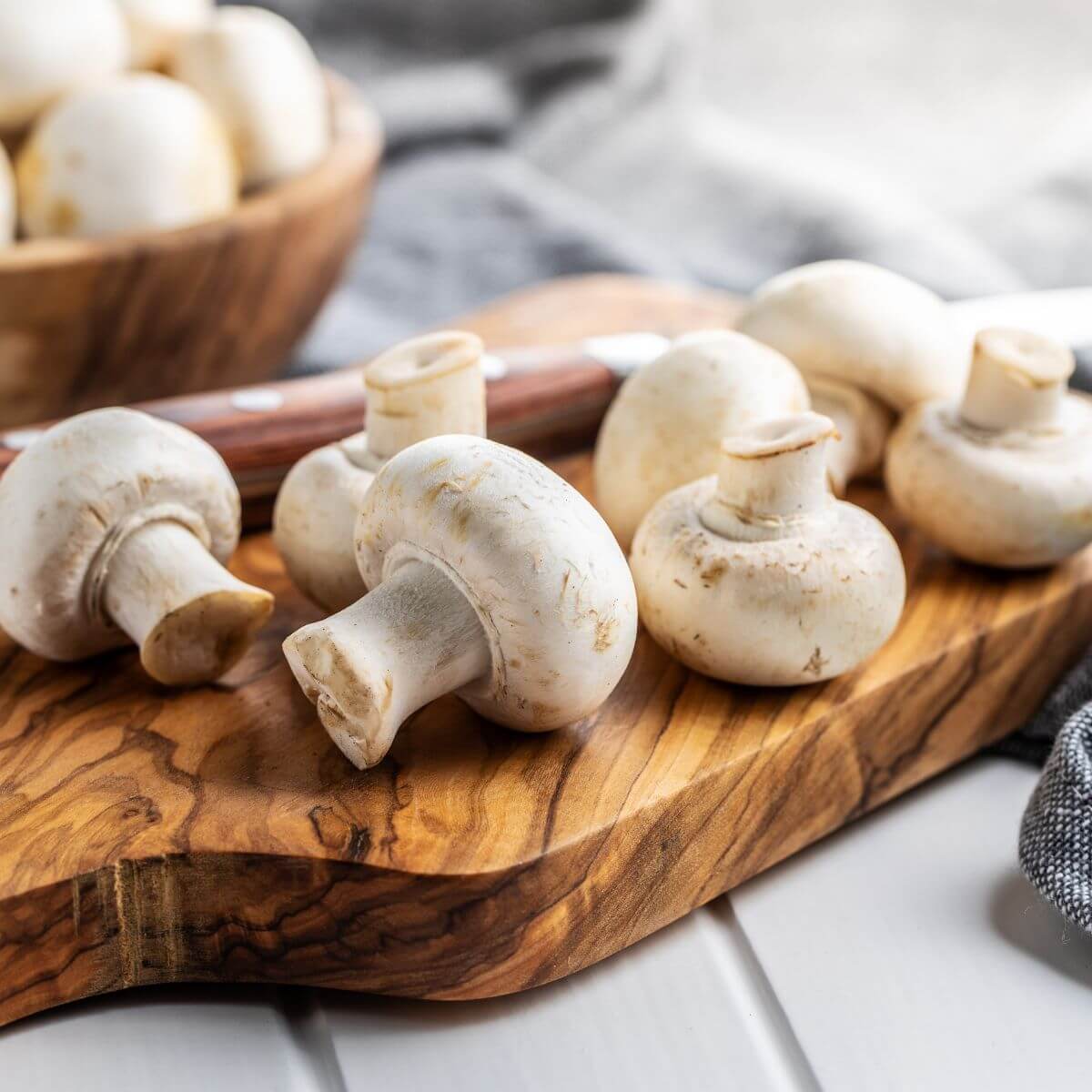How to Get All Your Vitamins and Minerals From Plant-based Meals
The human body requires a variety of macronutrients and micronutrients to function properly. A well-balanced plant-based diet provides all the macronutrients (carbohydrates, proteins, and fats) we need as long as we eat enough calories. But people often wonder whether it’s possible to get all the essential micronutrients—vitamins and minerals—without consuming any meat or dairy. The short answer is, yes! Sure you can!
The whole food, plant-based (WFPB) diet is generally associated with increased intakes of vitamins C, K, and E, plus folate. It’s also not necessary to rely on a battery of supplements. Using supplements to fill in the gaps of a nutrient deficient diet is a reductionist approach to wellness; a growing number of studies have shown that supplements can increase risk rather than prevent it. You are better off investing in high-quality produce, legumes, and whole grains.
Perhaps the most important thing you can do to assure you are getting enough nutrients is to eat a wide variety of plant foods. If you aren’t consuming variety, reassess your food choices! By eating all the colors of the rainbow and including both cooked and raw vegetables in your diet, you ensure the consumption of an abundance of nutrients.
The human body requires a variety of macronutrients and micronutrients to function properly. A healthy whole food, plant-based diet provides all the vitamins and minerals needed for optimal health.
There are thirteen vitamins and at least fifteen minerals that are essential for humans. We’ll be taking a closer look at the ones that people are most commonly concerned about.
Vitamins are organic molecules normally found as precursors to various enzymes. A few of them act like hormones, and they can have far reaching effects on the body. They can also be impressive team players: they work together to help enzymes do their jobs, protect us from free radicals, and transform macronutrients from food into usable energy. They can be divided into two categories—fat-soluble and water soluble. Fat-soluble vitamins (A, D, E, and K) require some amount of fat for your body to absorb them properly. Vitamin C and all the B vitamins are water soluble.
The good news is, plants provide nearly all of these vitamins! Except for vitamin B-12 (produced by bacteria) and vitamin D (produced by the body when the skin is exposed to enough sunlight), they can all be found in plants. They are also packed together with phytonutrients and other powerful disease fighting substances that work synergistically to support our health.

Vitamin A
Vitamin A is not one single nutrient. It is actually a group of nutrients called retinols. There are two main forms of vitamin A typically found in the diet—preformed vitamin A, which is found in animal products, fortified foods, and supplements, and provitamin A carotenoids such as beta-carotene that are found naturally in plant foods. Because the body is able to convert beta-carotene into vitamin A, there is no need to consume the preformed vitamin A found in animal products. Another benefit of getting your vitamin A from beta-carotene is that the foods which contain beta-carotene also contain additional types of carotenoids.These include lycopene, lutein, and zeaxanthin, and although they are not converted to vitamin A, they do possess disease fighting properties.
Best sources: leafy green vegetables (kale, spinach, lettuce, broccoli), orange and yellow vegetables (carrots, sweet potatoes, butternut squash), red bell peppers, and fruits such as cantaloupe and apricots. Since it is fat soluble, it is best to consume these foods together with some nuts or seeds for optimal absorption.
Vitamin B-12
Vitamin B-12, or cobalamin, is the only nutrient not available directly from plants. It is synthesized by anaerobic microorganisms commonly found in the gastrointestinal tract of animals. It is composed of a group of compounds including cyanocobalamin, methylcobalamin, adenosylcobalamin, and hydroxocobalamin. Vitamin B-12 is involved in the production and maintenance of the protective myelin sheath around nerve cells, which means it’s critical for the functioning of the nervous system. The body can store vitamin B-12 for a few years, but vitamin B-12 deficiency can lead to irreversible damage, neurologic disorders, gastrointestinal problems, and megaloblastic anemia.
Some foods contain the inactive analogs of vitamin B-12, but these cannot perform the functions of the active B-12. For this reason, a vitamin B-12 supplement should be taken by those following a plant-based diet or those at risk of reduced absorption. For more information on vitamin B-12.

Other B-vitamins
Vitamin B-1 (thiamine) is a water-soluble vitamin that contributes to the health of your brain and cardiovascular system. Deficiencies are uncommon since it can be found in a variety of foods including oats and other whole grains, beans, nuts, and seeds.
Vitamin B-2 (riboflavin) is a powerful antioxidant against free radicals that promote inflammation. It can be found in some nuts (almonds), green leafy vegetables (spinach), soybeans, and mushrooms (shiitake and white bottom).
Vitamin B-3 (niacin) is essential for a healthy heart and circulatory system, plus cognitive and skin health. The best plant-based sources include quinoa, potatoes, mushrooms, peanuts, legumes, brown rice, barley, corn, wild rice, passion fruit, avocado, and dates.
Vitamin B-5 (pantothenic acid) is crucial to many metabolic reactions including hormone synthesis and immune function. Luckily, this vitamin is present in virtually every plant cell, so it is found in abundance in a plant-based diet. Some of the best sources include shiitake mushrooms, avocados, and sunflower seeds.
Vitamin B-6 (pyridoxine) has several crucial functions for maintaining a strong immune system. It aids in the metabolism of protein, carbohydrates, and fats. It is also involved in the regulation of homocysteine, which in high levels is a risk factor for cardiovascular disease. The best plant sources include avocados, nuts (pistachios and walnuts), seeds (sunflower and sesame seeds), acorn squash, tomatoes, corn, quinoa, bananas, and spring greens.
Vitamin B-7 (biotin) helps promote skin, hair, and nail health. Biotin helps metabolize carbohydrates, fats, and proteins. It also assists in cell signaling and gene regulation. Like other B-vitamins, it is found in a variety of plant foods including nuts, legumes, avocados, and oats.
Vitamin B-9 (folic acid), also known as folate, is important for healthy blood cells and to prevent neural tube defects during early pregnancy. It can be found in peanuts, spinach, beans and lentils, soybeans, arugula, beets, walnuts, and avocados.
Vitamin C
Vitamin C, also known as ascorbic acid, is a vital nutrient. It supports the growth and repair of our tissues, and it is needed for proper wound healing and for healthy bones and teeth. Vitamin C also helps make collagen, an essential component of skin, ligaments, and blood vessels. It is a powerful antioxidant against free radicals, and it aids in the absorption of iron.
Vitamin C is found in plenty of plant-based foods, but because it is a water-soluble vitamin, some may be lost during cooking. The best sources include bell peppers, leafy green vegetables, cruciferous vegetables (broccoli, cauliflower, cabbage), citrus fruits, papayas, mango, cantaloupe, and potatoes.

Vitamin D
Vitamin D (calciferol), also known as the “sunshine vitamin”, is actually a prohormone produced in the skin when it is exposed to ultraviolet sun radiation. After sufficient sun exposure, the prohormone is activated by the kidneys and liver. Ultraviolet-B radiated mushrooms can also produce ergocalciferol, or Vitamin D2. For more information on vitamin D.
Vitamin E
Vitamin E is a powerful antioxidant that protects cells against free radicals. It is involved in the prevention of blood clotting and in the proper functioning of the immune system. It is readily found in nuts and seeds, especially sunflower seeds and almonds. Peanuts, wheat germ, and avocados are also great sources.

Vitamin K
Vitamin K is vital for blood clotting, building bones, and cardiovascular health. There are two forms available: vitamin K1 (phylloquinone) found in plants and vitamin K2 (menaquinone) found in supplements. Vitamin K1 can be found in leafy green vegetables, asparagus, broccoli, cauliflower, Brussels sprouts, lentils, peas, sea vegetables, prunes, and kiwifruit.
And what about minerals? Unlike vitamins, these are inorganic (they do not contain carbon) elements, but they are just as important. Essential minerals are those that our body cannot make and therefore must be consumed for our survival.
Iodine
Iodine is a trace element necessary for the production of thyroid hormones that are involved in the regulation of multiple body functions. Dietary sources may vary due to unreliable soil conditions. Dietary sources include sea vegetables and iodized salt.

Calcium
Calcium is the fifth most plentiful element on earth and the most abundant macromineral in the human body. About 99% of calcium in the body is stored in the bones and teeth. However, because bone metabolism is complex and dependent on multiple factors, it is important to focus on not just ample amounts of calcium consumption, but also fluoride, magnesium, phosphorus, potassium, and vitamin K. Also, no matter how much calcium is consumed, only 500mg can be absorbed at any given time. Phytates and oxalates found in some foods also inhibit the absorption of calcium.
Excellent sources of calcium include leafy green vegetables (kale, cabbage, bok choy), calcium-set tofu, beans, tahini, tempeh, almonds, and sweet potatoes.
Iron
Iron is an essential nutrient that plays a vital role in numerous bodily functions. It is a major component of hemoglobin, a protein in red blood cells that carries oxygen from your lungs to all parts of the body. It is also found in myoglobin, which transports oxygen from red blood cells to muscle tissues as needed.
There are two forms of dietary iron—heme and non-heme. Heme iron is derived from hemoglobin and found in meats, whereas non-heme iron is found in plant sources and some animal foods like dairy and eggs. Heme iron is absorbed more readily by the human digestive system, but it has been linked to the development of several types of cancer. The best plant-based sources for iron are legumes, nuts and seeds, leafy greens (spinach, kale, swiss chard, and beet greens), broccoli, Brussels sprouts, potatoes (particularly their skins), whole grains (quinoa, amaranth, spelt, oats), and prunes. For best absorption, consume iron-rich foods alongside good sources of vitamin C.
Zinc
Zinc is an essential mineral that is critical for normal growth and development, immune function, wound healing, protein synthesis, cognitive function, and other vital processes. Zinc is usually found in protein-rich foods such as legumes, nuts, seeds, and whole grains.
